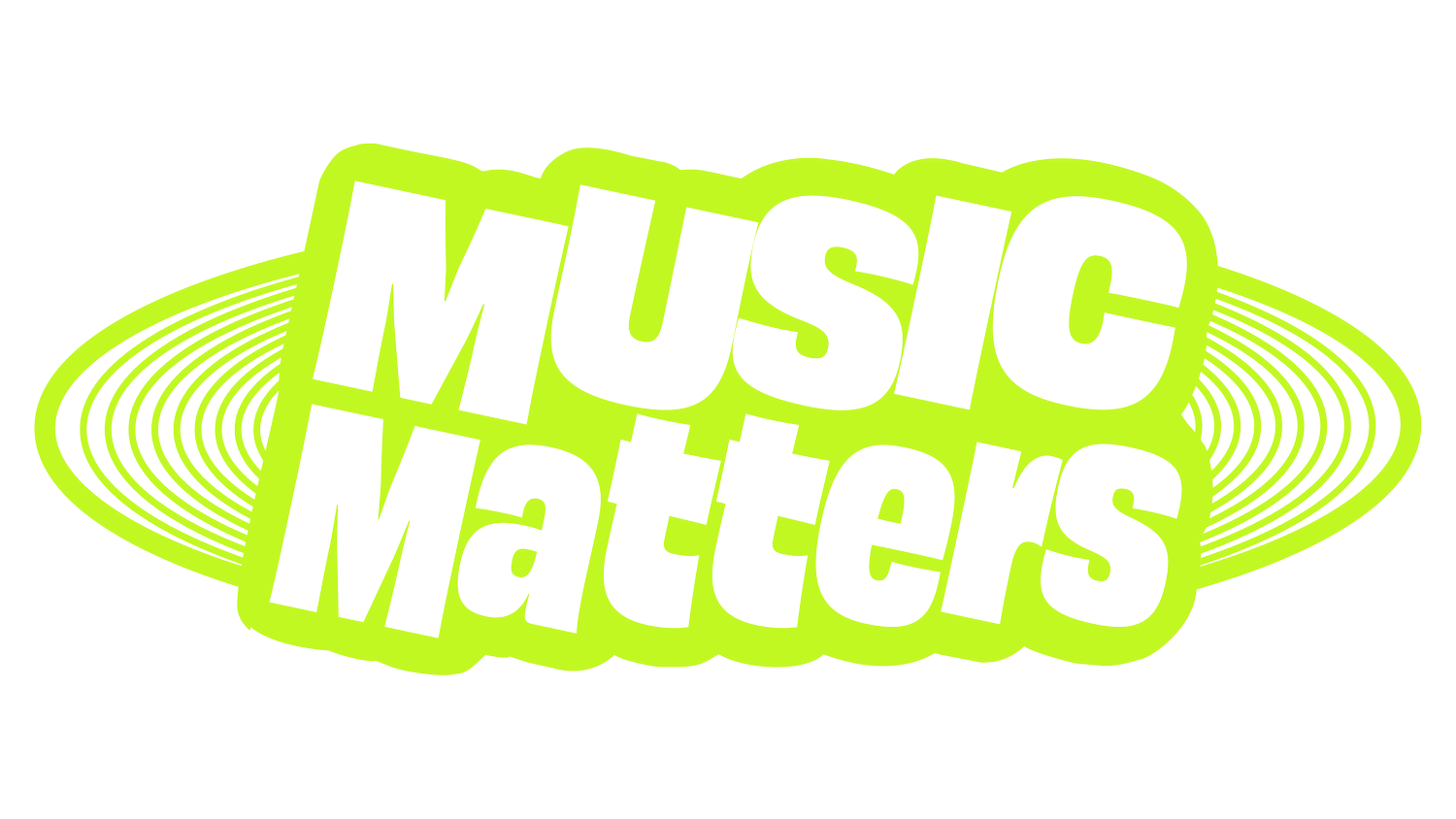Fellow folk lovers beware-- Bon Iver has ventured far from the rustic Wisconsin cabin that produced their raw debut album, F or Emma, Forever A go. But, while the front man Justin Vernon has led the band into the realm of the electronic with their third album, 2 2, A M illion, Bon Iver remains rooted in the iconic emotion that has defined them from the start. This album pushes the group’s boundaries; a bold yet natural progression from the dreamlike symphony that was their second and self-titled album. 2 2, A Million is experimental--bizarre even--an electric ocean of swelling vocal harmonies and instrumental fervor.
There is a glitchy chaos that permeates most of this album-- both the vocals and instrumentation are multilayered. It sounds as if something is constantly trying to break through the static. This overwhelming montage of noise-- often a combination of a new-found electronics and Bon Iver’s trademark acoustics-- is likely an embodiment of the internal chaos Vernon felt in his five years off from the band. Suffering from anxiety attacks and receiving treatment for depression , Vernon explained, “ I felt that the only thing I could do was to go into myself a little bit. ” 22, A Millionis the aftermath of his introspection, letting us into what exactly he might have encountered inside his unsettled mind.
22 gives us higher-voltage, more frenzied Bon Iver-- you can envision bright, crackling sparks while listening to opening tracks “22 (Over SooN) and “10 d E A T h b R E a s T.” While these initially sound foreign and entropic, beneath the static, you’ll find Bon Iver’s same ineffable core: those sweeping waves of harmony and emotional overflow.
“22 (OVER SooN)” begins with auto tuned vocals that could be straight from an Odesza hit. The distorted voice repeats the existential line, “it might be over soon.” Reassuringly, there are familiar bits here too: the angelic vocals, light guitar plucks, and smooth saxophone that made up Bon Iver. “22 (OVER SooN)” ends where it began, humming “it might be over soon,” and giving way to the anxiety-inducing “10 d E A T h b R E a s T.” The song’s title is disarrayed, mimicking the auditory anarchy that climaxes at its final dissonant chord. This track, along with its title, almost repels listeners in its indecipherability.
The more digestible “715-CREEKS” settles into a moody, electrified a capella piece. It sounds like the younger brother of Vernon’s pixley 2010 feature on Kanye West’s “Lost in The World.” CREEKS tells a story of fleeting love, reminiscing on the band’s early Thoreauvian roots with its nature-infus ed lyrics. Hints of Bon Iver peek through here, too. The fluttery line, “that leaving wasn’t easy, all that heaving in my vines” is the exact same note sequence as the
o pening vocals of Bon Iver’s “Michicant.”
Resonance of the band’s past is strongest within the unplugged instrumentation and raw vocals of “29 #Strafford APTS” and “8 (circle).” The nostalgic strums of “29” build steadily in a s imilar fashion to a For Emma track . Minus its soft, hip-hop beat, the dream-like horns of “8 (circle)” could sit right next to “Calgary” on Bon Iver.
The album concludes with the mellow piano ballad “00000 Million.” It’s easy to get lost in this song, as a distant voice echoes of a place “where days have no numbers.” The lingering piano chords enhance the feeling of warped time and place. Vernon ends the track by embracing vulnerability, singing “it harms, it harms me, it harms, I’ll let it in.” Closing far more at peace than where it began, the record finds clarity through amidst the chaos.
22, A Million is a multidimensional ode to ambivalence, introspection and growth. From F or Emma, Forever Ago, to Bon Iver, to this pivotal record, Bon Iver has skillfully morphed, in tune with mastermind Justin Vernon’s personal evolution. Each experiment in sound has been fully embraced and unapologetically executed. Bon Iver’s woodsy passion is still woven throughout 22, just cloaked in a fresh, high-voltage layer--you might just have to go a bit deeper into the record—or yourself—to hear it.
Grade: A-

